The country declares a second Ebola outbreak on top of the global coronavirus pandemic and the measles outbreak it has been suffering from years
In Africa, there is great difficulty in following the most basic health recommendations. There are particularities to the continent that make confinement virtually impossible and there are very few tests, the results of which can take up to ten days.
In particular, controlling epidemics in a country like the Congo is even more difficult. Firstly, because of cultural factors: In the DR Congo about 25% of the population do not believe in the existence of diseases such as Ebola or coronavirus. For many, Covid-19- which has resulted in 75 deceased and 3,495 official infections in the country - is an excuse, as they also believed Ebola was.
Secondly, because of its size: the area of the country is equivalent to that of Spain, France, Germany, Italy and Poland combined, which makes it difficult to reach the entire population.
And thirdly, because it has been a focus of epidemics for years and the arrival of the coronavirus has only aggravated and complicated the existing situation such as the outbreak of measles, which has been present in the territory for seven years and is considered the most serious in the world. This disease has already caused a total of 6,770 deaths and 369,520 cases.
Second Ebola outbreak declared
At the height of the coronavirus pandemic, the Government of the Democratic Republic of the Congo has declared a new Ebola outbreak in Mbandaka, a city of more than one million people in the north-west of the country. Besides, it is situated 2,000 km from the place where the first outbreak of the disease is still active, in the provinces of North Kivu, Ituri and South Kivu.
It should be noticed that Ebola is a serious disease that can reach a mortality rate of 90% and is transmitted through close contact with blood and body fluids of infected people or animals. The entire African continent has already suffered more than 11,000 deaths and 28,500 cases.
A challenge for entities
In these circumstances of closure, restrictions and disruptions in the global supply chain of essential personal protective equipment, medicines and medical materials, Doctors Without Borders has had to find solutions to continue operating on the ground. "The challenges are huge and we have had to adapt our usual way of working to be able to continue assisting patients," explains Mila Font, delegate of Doctors Without Borders in Valencia, Catalonia, the Balearic Islands and Murcia.
Moreover, Covid-19 is a factor that cannot be ignored which makes the task of the entities much more difficult and puts a large number of people at risk. As Mila Font says "the impact of Covid-19 is reducing the access of vulnerable people to health. We have already seen a significant decrease in the number of patients in our facilities, in some cases by as much as 50%".
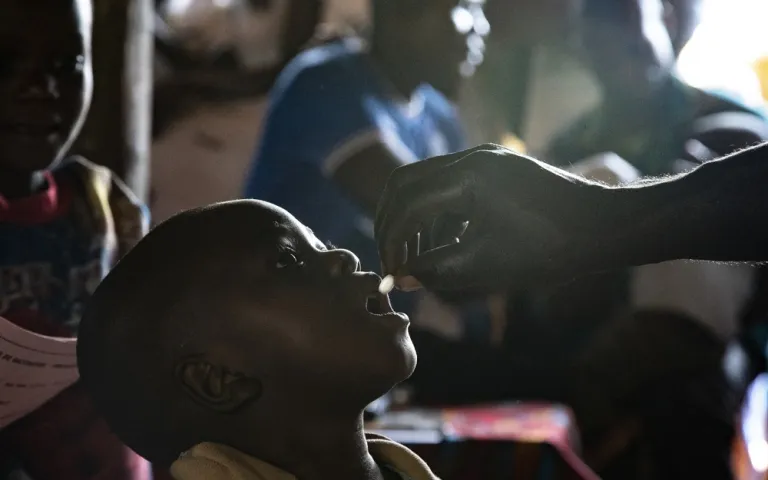
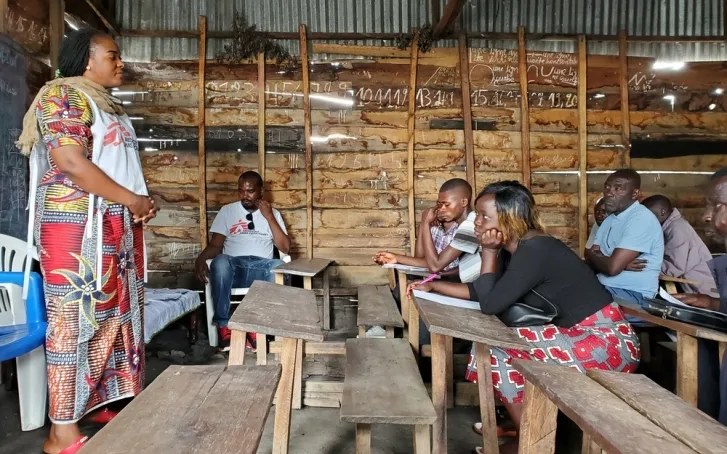
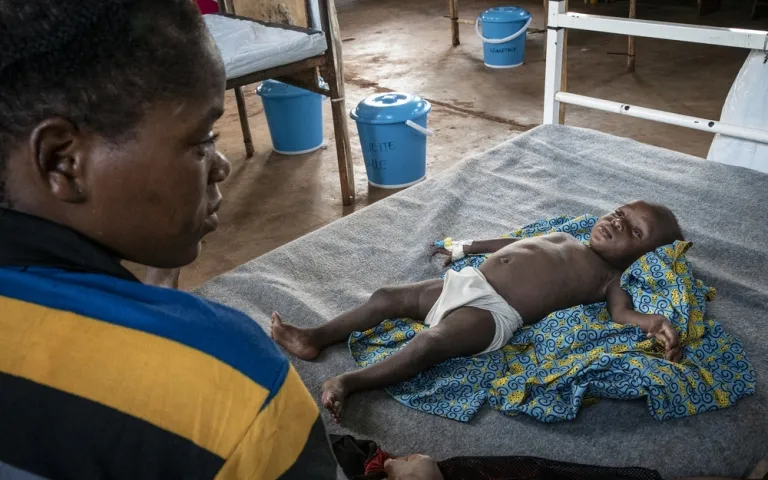



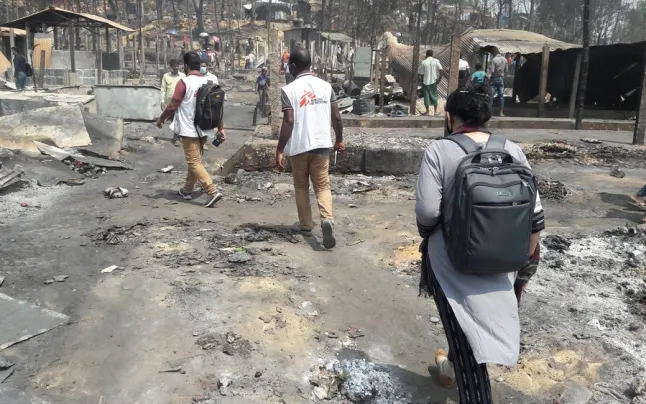
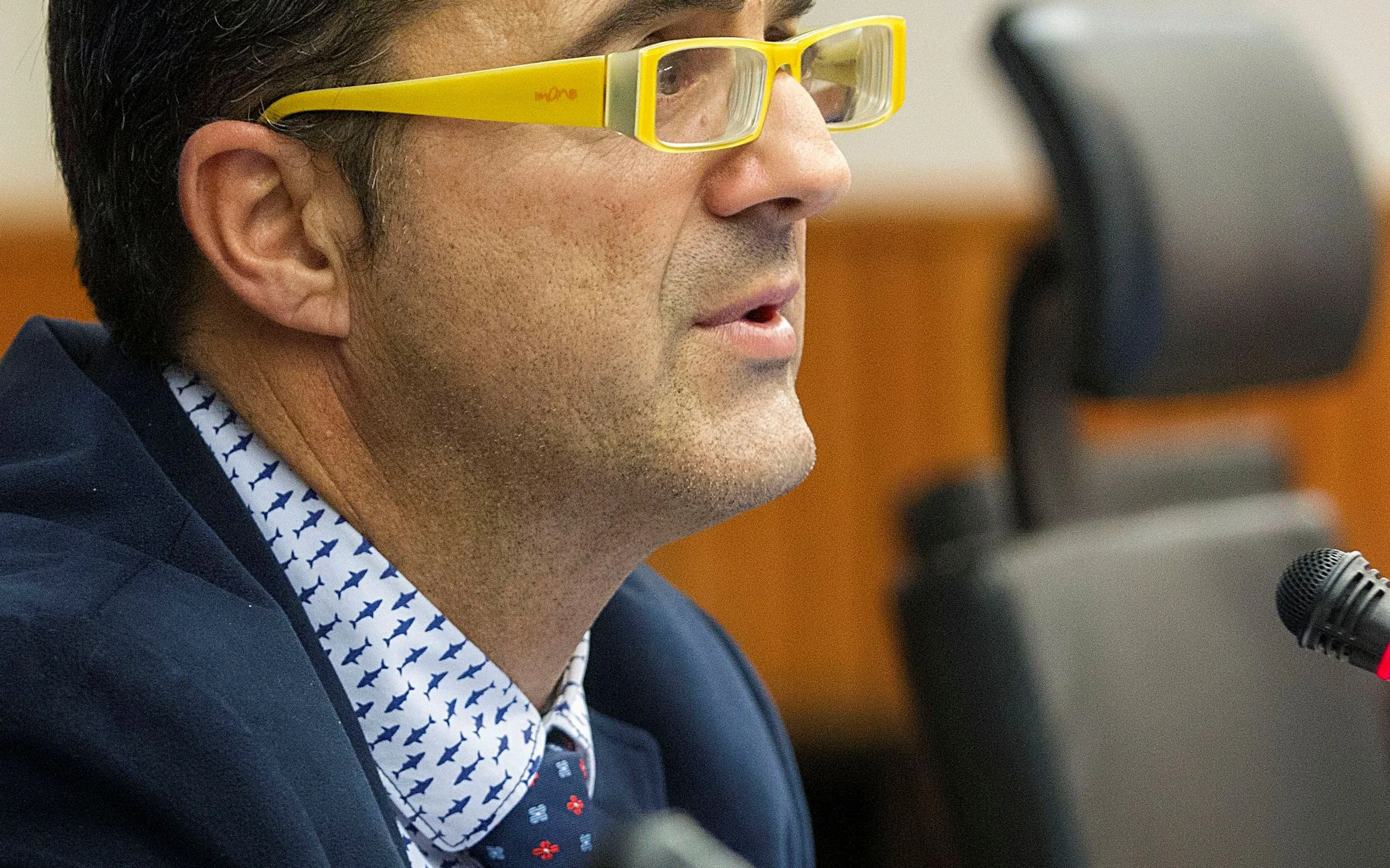
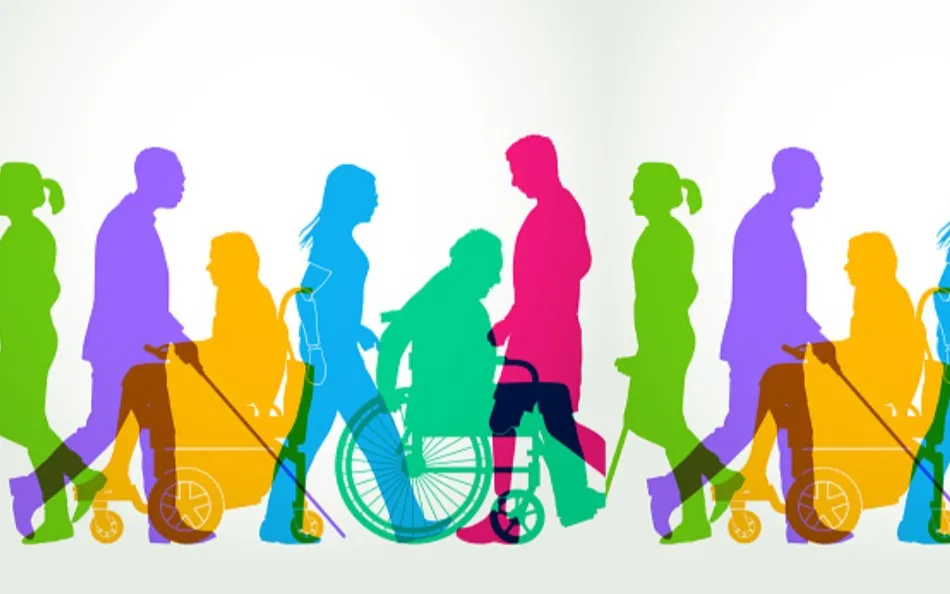
Add new comment